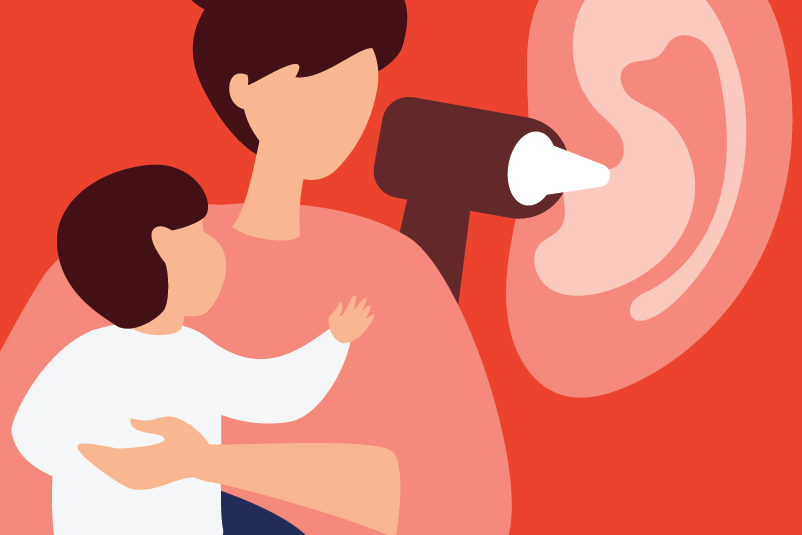#340 Crying babies: Can proton pump inhibitors help?

Reading Tools for Practice Article can earn you MainPro+ Credits
Join NowAlready a CFPCLearn Member? Log in
- Results statistically significant unless indicated. Randomized, controlled trials (RCTs) on infants retrieved from systematic reviews in the last ten years since no meta-analyses available.1-5
- Two placebo-controlled RCTs of PPIs; four-week duration:6,7
- 162 infants (median age: 4 months) crying within 1 hour of ≥25% of feeds; lansoprazole (0.2-1.5mg/kg/day):6
- ≥50% reduction in feedings with crying episode(s)/duration of episodes: 54% in each group.
- Crying, regurgitations, stopped feedings, feed refusal, back arching: No differences.
- Serious adverse events (e.g., respiratory tract infections): 12% versus 2.5% (placebo), number needed to harm (NNH)=10.
- 30 infants (mean age: 5 months) with frequent crying and reflux confirmed on biopsy/pH monitoring; omeprazole (10-20mg/day):7
- Crying/fussing (minutes/24 hours): No difference.
- Irritability (0-10 visual analogue score, lower=better): No difference.
- 162 infants (median age: 4 months) crying within 1 hour of ≥25% of feeds; lansoprazole (0.2-1.5mg/kg/day):6
- No placebo-controlled RCTs of histamine-2 receptor antagonists.
- Head-to-head comparisons versus PPI: No difference.8
- Four withdrawal RCTs (8-268 infants, 1-11 months): Open-label treatment with rabeprazole,9 esomeprazole,10 pantoprazole,11 or famotidine12 x 1-4 weeks; responders/compliers randomized to blinded continued drug or placebo. At 4-5 weeks:
- Vomiting, regurgitation, irritability, feeding difficulties, symptoms scores, adverse effects: No differences.9-11
- Weight: No difference.9
- Limitations: Most RCTs industry funded.6,9-12
- Frequent effortless regurgitation of feeds is common in early infancy (affecting ≥40%).13
- Regurgitation accompanied by distress symptoms (e.g., crying, back arching, irritability) have traditionally been attributed to gastroesophageal reflux disease. While PPIs improve esophageal pH in infant RCTs,7 they do not improve symptoms.
- Guidelines recommend against empiric trials of acid-suppressing drugs for crying/distress or regurgitation.13,14 Parents can be reassured that frequent regurgitation can be normal and frequently settles (90% have resolution at age ≤1 year).13















no benefit to PPI’s
reinforces regurg very common and PPI actually harm
Frequent regurgitation is common in infancy
Good info